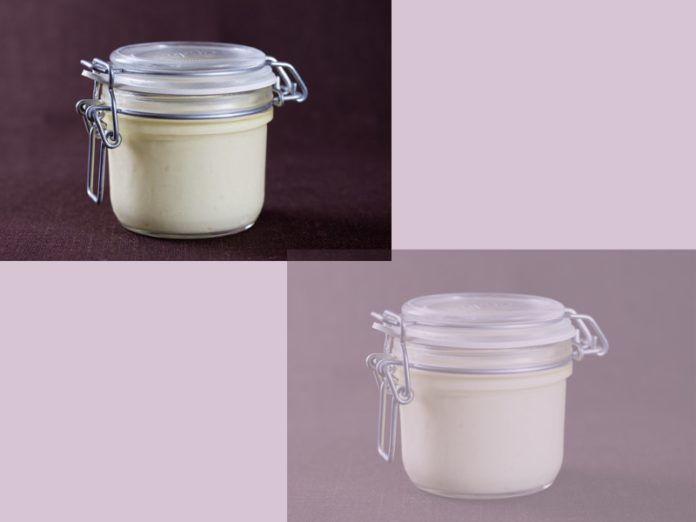RECONSTRUCTED SAPPHIC FRAGMENT #145
I tell myself that caring for you isn’t as hard
as lassoing the first star from the night sky,
or knowing exactly when that star was formed,
or how. I tell myself this isn’t supposed to be
easy, either. I tell myself, [do not move stones].
Some things take care of themselves, the way,
on any given day, you never need to count
the thousands of breaths you take. Your lost
orthotics will be found. Your sore ankle will heal.
We will find the slotted metal spoon for scooping
soft-boiled eggs from the pan. Once, I made
butter just by shaking a jar filled with fresh cream.
Never realized how easy it really was, the cream
slowly thickening against the sides of the jar.
Not easy, exactly, my arm tired and I had to keep
switching the jar from right to left and back.
But making butter was simple enough and seemed
somehow essential, a survival skill—only the cream,
a jar to hold it, and my arm, the one the writing comes
down. Some work is harder only because you
think it so. Some things just take care of themselves.
That huge boulder in the pasture doesn’t need Sisyphus:
the cows, untroubled, graze around it, boulder
and cows as patient as the afternoon sun that warms
the stone on cool days, and where, on warm days,
the snake finds cover.
* The italicized words in brackets are from fragment 145 in If Not, Winter: Fragments of Sappho, translated by Anne Carson, Vintage Books, 2003.
ERASURE OF RECONSTRUCTED SAPPHIC FRAGMENT #145
I tell myself that caring for you isn’t as hard
as lassoing the first star from the night sky,
or knowing exactly when that star was formed,
or how. I tell myself this isn’t supposed to be
easy, either. I tell myself, [do not move stones].
Some things take care of themselves, the way,
on any given day, you never need to count
the thousands of breaths you take. Your lost
orthotics will be found. Your sore ankle will heal.
We will find the slotted metal spoon for scooping
soft-boiled eggs from the pan. Once, I made
butter just by shaking a jar filled with fresh cream.
Never realized how easy it really was, the cream
slowly thickening against the sides of the jar.
Not easy, exactly, my arm tired and I had to keep
switching the jar from right to left and back.
But making butter was simple enough and seemed
somehow essential, a survival skill—only the cream,
a jar to hold it, and my arm, the one the writing comes
down. Some work is harder only because you
think it so. Some things just take care of themselves.
That huge boulder in the pasture doesn’t need Sisyphus:
the cows, untroubled, graze around it, boulder
and cows as patient as the afternoon sun that warms
the stone on cool days, and where, on warm days
the snake finds cover.
- Reconstructed Sapphic Fragment #145 and Erasure of Reconstructed Sapphic Fragment #145 - August 23, 2024
- The Passion Flower - April 11, 2023
- Types of Animals - November 19, 2020



Wendy, this is such a thoughtful touching poem. I want to cry, touch a loved one and ponder at the same time when I read this. Miss you. Let’s get together.